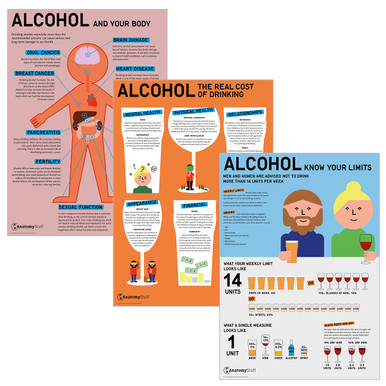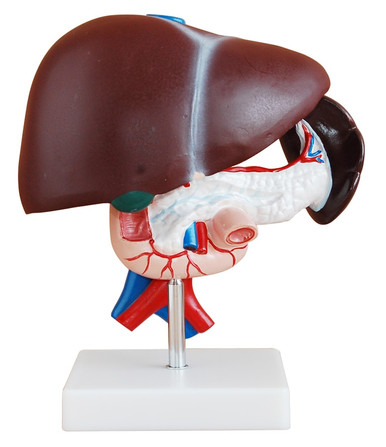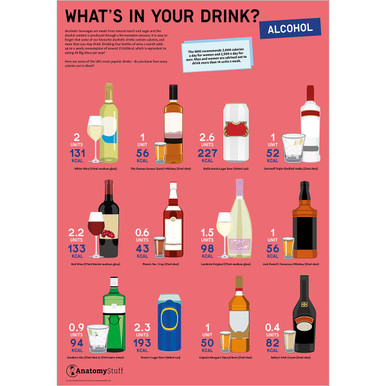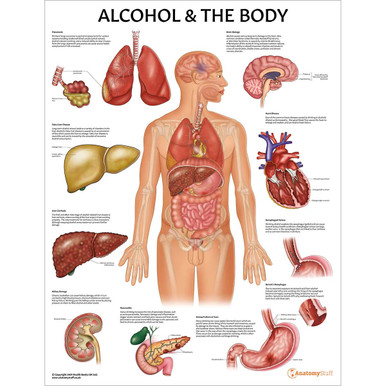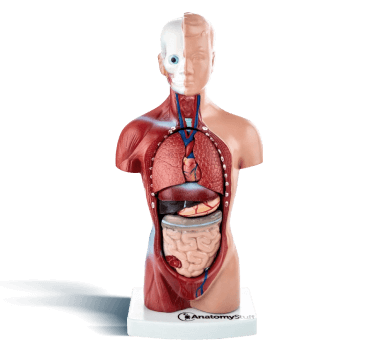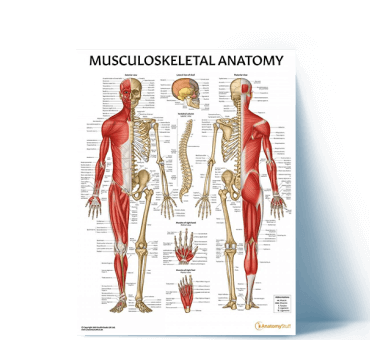Alcohol & The Body
The Effects of Alcohol
Alcohol consumption has a vast number of adverse effects on the human body. Alcohol abuse causes notable effects on the functionality of our life-sustaining organs; including brain damage, liver disease, pneumonia, stomach/oesophageal disease, kidney damage, pancreatitis and heart failure.
Brain Damage
Some of alcohol’s effects on the brain include motor function difficulty, blurred vision, slowed reaction times, memory lapses and memory loss.
One common condition, called Wernicke-Korsakoff Syndrome, commonly known as Wet Brain Syndrome, is caused by a B1, or thiamine, deficiency. Symptoms include confusion, memory loss, leg tremor, rapid and abnormal eye movements and eyelid drooping. Treatment for Wernicke-Korsakoff syndrome includes maintaining a healthy diet and abstaining from alcohol consumption.
Liver Disease
The liver is essential for sustaining life. Each time the liver filters alcohol, cells of the liver die. While the liver can produce new cells, prolonged drinking reduces the ability to regenerate new cells. Two examples of alcohol-related liver diseases include fatty liver disease and liver cirrhosis.
Alcoholic fatty liver disease is the first stage of alcohol-related liver disease and is caused by an accumulation of fat which causes inflammation. Symptoms include feeling sick, loss of appetite and therefore weight loss, jaundice, swelling, confusion and vomiting. Fatty liver disease is reversible and can be treated by stopping excessive alcohol consumption.
The final and fatal stage of alcohol-related liver disease is liver cirrhosis; where the liver is covered in scar tissue due to long-term liver damage. Although stopping alcohol consumption can prevent further damage, the only treatment for liver cirrhosis is a liver transplant.
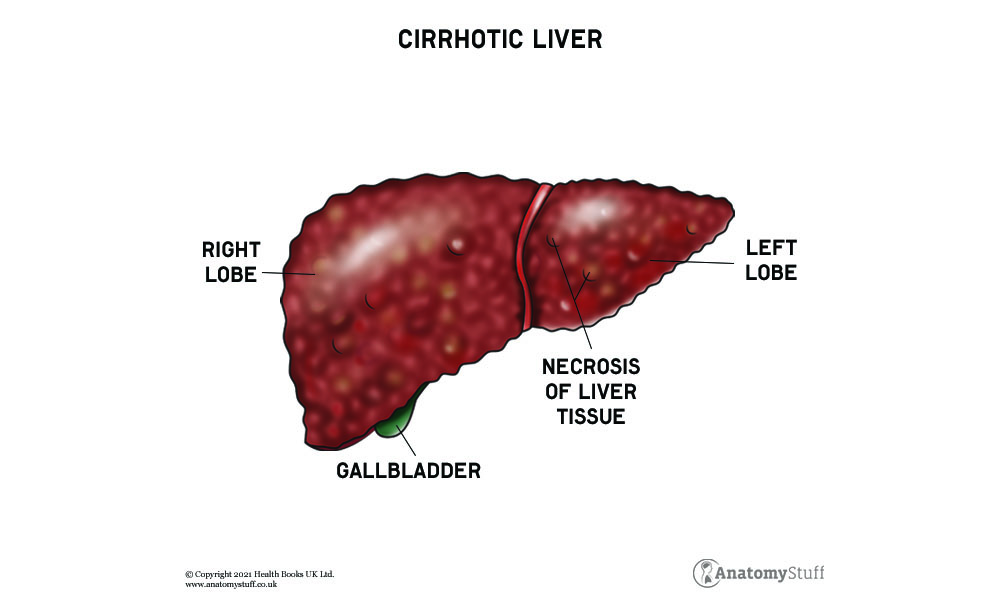
Pneumonia
The lungs of heavy drinkers are prone to aspiration pneumonia for various reasons including weakened blood vessels (called varices), alcohol-induced vomiting and a reduced ability to clear mucous from the lungs. Pneumonia can cause severe complications if left untreated.
Stomach & Oesophagus Damage
Excessive alcohol consumption weakens the oesophagus and can cause several severe conditions of the stomach and oesophagus, including oesophageal varices, Barrett’s oesophagus, Mallory-Weiss tears and peptic ulcers.
Oesophageal varices are weakened, enlarged blood vessels in the oesophagus. They are common in drinkers as they typically develop in those who suffer liver disease, occurring when normal blood from the liver is blocked.
Lesions, swelling and damage in the lining of the oesophagus, called Barrett’s oesophagus, occur due to recurrent exposure to stomach acid from alcohol-induced acid reflux and vomiting. Symptoms include difficulty swallowing food, frequent heart burn and chest pain.
Mallory-Weiss tears are deep, longitudinal lacerations that occur in the area where the oesophagus meets the stomach. These occur due to mucosal trauma from vomiting which is often associated with alcoholism and binge drinking. Peptic ulcers, which are similar in nature and cause, are painful sores that develop within the lining of the stomach and intestines. They are also referred to as gastric and duodenal ulcers.
Kidney Disease
The kidneys are vital for our health, undertaking tasks from regulating fluid levels and blood pressure to balancing the number of minerals in your blood.
Alcoholism can lead to kidney disease by putting increased pressure to function properly and filter toxins. This can lead to high blood pressure, chemical imbalances and kidney failure.
Acute Pancreatitis
Heavy drinking increases the risk of pancreatic diseases, such as acute pancreatitis. Pancreatic damage and inflammation trigger severe stomach and back pain, nausea and fever. Acute pancreatitis can cause irreversible damage to the pancreas and lead to chronic pancreatitis which can be fatal.
Heart Failure
One of the common heart diseases that drinkers are susceptible to is alcoholic dilated cardiomyopathy, where the heart chambers increase and the surrounding muscle is stretched thin as the heart tries to hold extra blood due to disrupted blood flow. This condition weakens the heart and can lead to heart failure.






